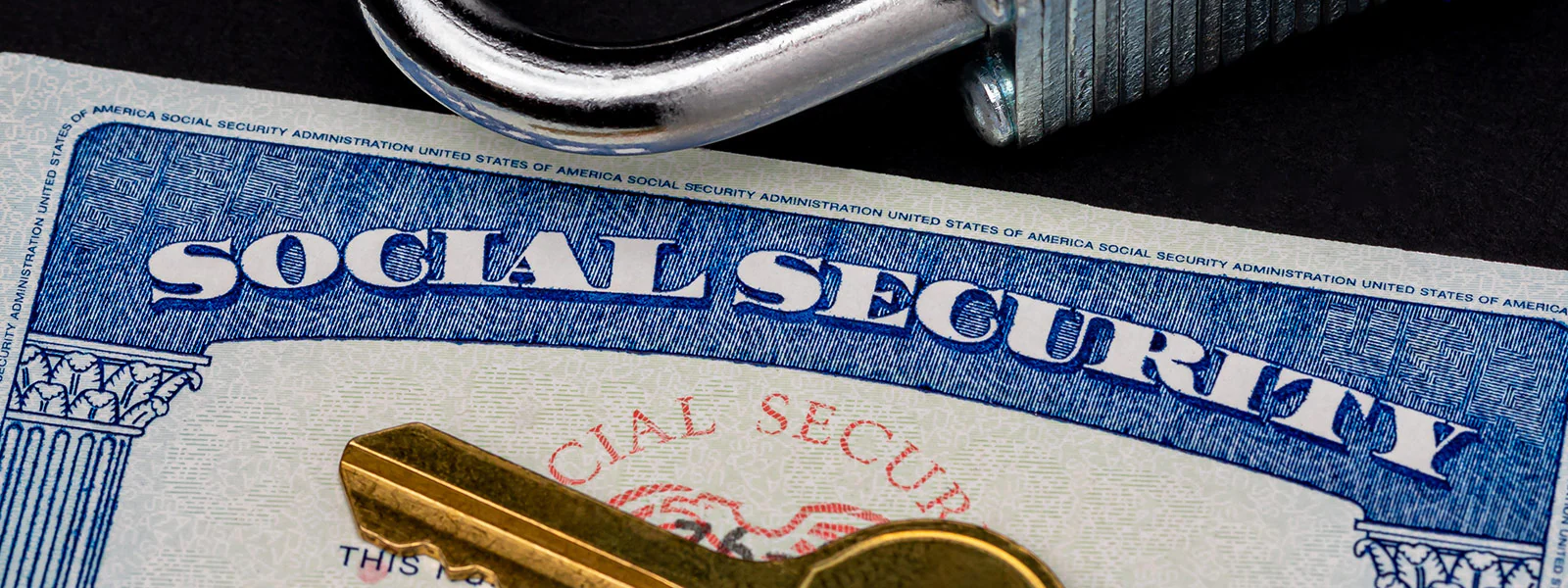A massive data breach has left the personal information of millions of Americans vulnerable to hacking groups and dark web marketplaces.
National Public Data, a company that aggregates data to create background checks, confirmed it was hacked in a post on its website, with Social Security numbers among the information that was compromised.
“The incident is believed to have involved a third-party bad actor that was trying to hack into data in late December 2023, with potential leaks of certain data in April 2024 and summer 2024,” the Florida-based company wrote on its website.
News of the breach initially came from a class action lawsuit filed in U.S. District Court in Fort Lauderdale, Florida, which was first reported on by Bloomberg Law last week.
Here’s what we know about the breach and how to best protect your personal information:
What information is included in the data breach
Along with Social Security numbers, hackers stole names, phone numbers, mailing addresses and email addresses, according to National Public Data.
The law firm that filed the suit, Schubert, Jonckheer & Kolbe, also reported that information about people’s histories and relatives were breached. In total, about 2.9 billon records dating at least three decades were stolen.
How to know if your information has been stolen
National Public Data offered the following tips to monitor whether your information has been stolen:
- Closely monitor your financial accounts. If you see any unauthorized activity, contact your financial institution to report the fraud.
- Review your credit reports for charges you don’t recognize. You can obtain a free credit report from each of the three U.S. credit reporting agencies (Equifax, Experian, and TransUnion) by calling 877-322-8228 or going to www.annualcreditreport.com.
- Contact any one of the three major credit bureaus to place a free fraud alert on your credit file. A fraud alert tells creditors to contact you before they open any new accounts or change your existing accounts. The initial alert will stay for one year, after which you can renew it.
According to USA TODAY, cybersecurity firm Pentester said it acquired the leaked data and created a tool you can use to see if your information is in the breach. The tool is accessible at npd.pentester.com.
What should I do if my information was stolen?
If you notice fraudulent charges or suspect your information has been stolen, National Public Data advises reporting the identity theft to the Federal Trade Commission at identitytheft.gov.
Should I freeze my credit?
A preventative step you can take against fraud is freezing your credit. A credit freeze limits access to your credit report, making it less likely that an identity thief can open new accounts in your name.
To place a freeze, you must contact each of the three major credit bureaus online, by phone or by mail. Agencies must freeze your credit report within one day when you submit it online or by phone, according to the General Services Administration. Freeze requests sent by mail must be enacted within three business days.
A freeze remains in place until you ask the credit bureau to temporarily lift it or remove it. Agencies must lift the freeze within an hour if you request it be unfrozen online or by phone, and within three business days by mail.
Here’s how to contact each credit bureau:
Equifax
- Online: Visit the Equifax Credit Freeze page.
- By phone: Call Equifax at 800-685-1111.
- By mail: Send a request to Equifax, P.O. Box 105788, Atlanta, GA 30348. Include your name, address, Social Security number and copies of documentation proving your identity (like a driver’s license, utility bill or bank statement).
Experian
- Online: Visit the Experian Credit Freeze page.
- By phone: Call Experian at 888-397-3742.
- By mail: Send a request to Experian Security Freeze, P.O. Box 9554, Allen, TX 75013. Include your name, address, Social Security number and proof of identity.
TransUnion
- Online: Visit the TransUnion Credit Freeze page.
- By phone: Call TransUnion at 888-909-8872.
- By mail: Send a request to TransUnion, P.O. Box 160, Woodlyn, PA 19094. Include your name, address, Social Security number and proof of identity.

